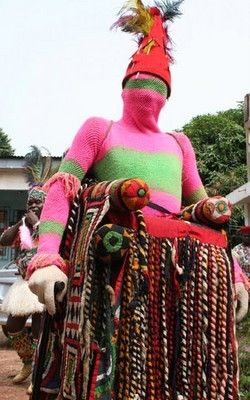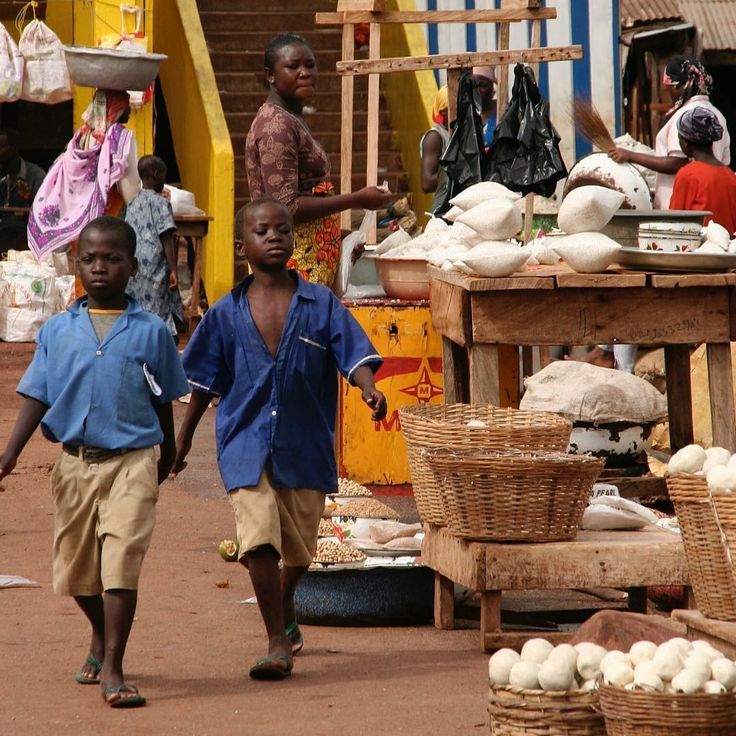In Igbo land, the market is not just a place of trade, it is a living spirit, a cultural shrine, and a school of life. From Eke to Nkwo, the four market days marked the rhythm of community existence. They were more than calendars of commerce; they were moments of communion, where buying and selling intertwined with prayers, blessings, and ancestral guardianship. Today, the same spirit that once drove the Igbo market thrives in youth entrepreneurs; bold, creative, and deeply rooted in community values. The connection between Igbo markets and youth entrepreneurs reveals that while times have changed, the principles of patience, trust, adaptability, and purpose remain timeless foundations for lasting success.
The Market as Sacred Space

To the Igbo, markets were sacred ground. Each one carried the spirit of a deity or the blessing of ancestors. Ahịa was a place of life, where trust was currency and trade was covenant. When a woman laid down her yams or a man displayed his crafted tools, they were not just selling products, they were participating in something spiritual.
“Ahịa bụ ndụ mmadụ”—the market is a person’s life. This proverb captures how central commerce was, and still is, to Igbo identity. For today’s entrepreneurs, the lesson is simple: business is not just survival, it is the very rhythm of existence.
The Market as a School of Enterprise

Long before business schools, the Igbo child had the market. It was there that little boys and girls watched their parents haggle, observed the art of persuasion, and learned the science of trust.
And then, there was the Igba boi system; the apprenticeship model where a master trader nurtured a young boy into wealth, eventually settling him with capital to start his own journey. It was mentorship with accountability, a legacy-driven form of enterprise.
Today’s youth, launching startups and creative hustles, unknowingly carry the DNA of that system; collaboration, mentorship, and generational transfer of skills.
Wisdom Carried in Proverbs
The Igbo did not separate trade from philosophy; wisdom was woven into every transaction.
- “Ahịa oma na-ere onwe ya” – a good market sells itself. Reputation and quality remain stronger than noise and gimmicks.
- “Ezi aha ka ego” – a good name is worth more than money. Integrity remains the greatest asset an entrepreneur can hold.
- “Onye buru chi ya ụzọ, ọ gbagbue onwe ya n’ụzọ” – he who runs ahead of his destiny stumbles. Patience and timing are as important in trade as in life.
These proverbs, ancient yet timeless, echo loudly in today’s startup ecosystem, where trust, patience, and quality build empires.
Parallels with Youth Innovation Today
Look around and you will see: Instagram feeds are the new stalls, TikTok lives the new auction chants, and e-commerce platforms the new market squares. The youthful spirit of innovation reflects the adaptability of Igbo traders who turned harvests, seasons, and circumstances into opportunity.
Where the ancient market had the village square, today’s entrepreneur has the digital square. Where elders once sat in circles of wisdom, youth now gather in online communities, exchanging strategies and inspiring each other.
Entrepreneurship as Calling, Not Just Hustle
For the Igbo, trade was not merely hustle, it was destiny. To farm, to craft, to buy, to sell, to trade, it was a way to honor ancestors, to feed families, and to sustain communities.
Youth today often chase entrepreneurship as escape, but the Igbo market teaches something higher: business can be a calling. It can be about solving problems, uplifting communities, and writing a legacy that outlives profit margins.
Lessons for the New Generation
There are so unique lessons that the new generation can learn from traditional igbo markets.
The wisdom of Igbo markets whispers to today’s youth entrepreneurs:
- Trust is capital: Without integrity, profit is fleeting.
- Patience has rhythm: Just as markets followed sacred cycles, growth requires timing.
- Community is strength: Survival rests on collaboration, not isolation.
- Adaptability wins: As harvests changed, so too must business models pivot with trends.
These lessons are not old relics; they are eternal principles that still shape enduring enterprises.
Modern Echoes
Across Nigeria and beyond, youth cooperatives, startups, and global brands echo these principles. The Igbo apprenticeship model has been studied in business schools as a template for sustainable wealth transfer. Fashion designers, tech innovators, and agropreneurs are reclaiming heritage as brand identity, rebranding African excellence for the global stage.
What the ancestors planted in the dust of Eke market now blossoms in digital stores, innovation hubs, and global networks.
Conclusion
The Igbo market was never just about buying and selling. It was about spirit, wisdom, and continuity. Today’s youth, in their drive to innovate and create, are unknowingly carrying forward the sacred rhythm of their forebears.
From Eke to e-commerce, from bargaining in Nkwo to pitching in boardrooms, the heartbeat of the Igbo market still inspires a new generation.For the Igbo have always known: “Ahịa bụ ndụ mmadụ.” The market is life and its wisdom will never die.
